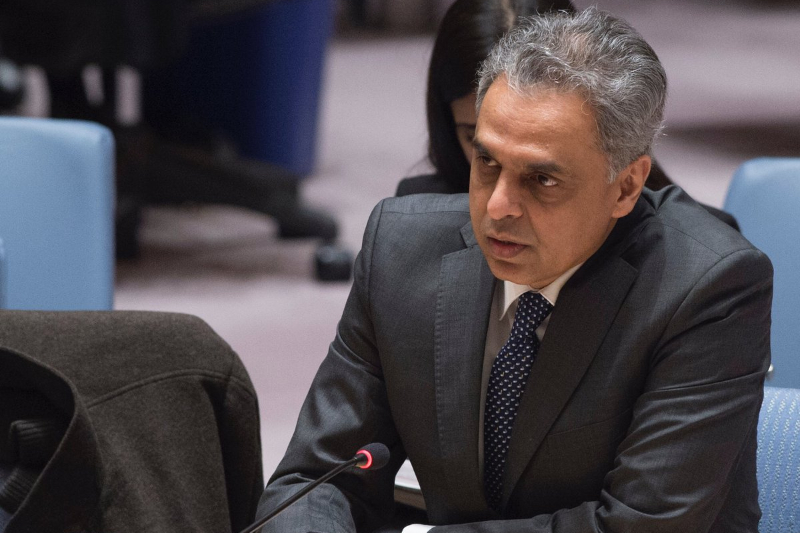- Sponsored -
India: Reform UN Security Council before it gets diminished

India on Monday said that the United Nations Security Council (UNSC) needs to be reformed without delay or else it will be diminished.
- Sponsored -
Participating in a General Assembly session on ‘Report of the Secretary-General on the Work of the Organisation’, India’s Permanent Representative to the UN Ambassador Syed Akbaruddin said that the UNSC needs to be reformed without delay or else it will be left to nurse its self-inflicted wounds of “diminishing relevance” in a world awash with challenges like armed conflicts, terrorism, refugee crises and climate change.
Akbaruddin said, “Updating the current architecture of international institutions, which are so out of sync with the modern world, is imperative if new global challenges are to be met. Nowhere is this need for common purpose required more than in reforming the Security Council.”
“We need to fix the flaws. We need to do it before it is too late. We need to do so before the technologies of the future sharpen the conflicts of the past, while the Council remains nursing its self-inflicted wounds of diminishing relevance,” he added.
Akbaruddin, on the occasion, asserted that nations cannot pose as guardians of a status quo that no longer exists. “We need to undertake a new journey towards a reformed and reinvigorated multilateral system. Whether we do so or not will determine the destiny of this organisation. It is a decision that all of us who see the benefits of multilateralism will need to take, if we desire to stem the tide against it,” he said.
Akbaruddin also pointed out that during the recently concluded high-level week of the UN General Assembly, nations heard about pressing global challenges including armed conflicts, terrorism, large movements of peoples fleeing conflicts that are increasingly straining societies, climate change events becoming more regular, environmental challenges becoming more urgent and multiple ailments hamstringing efforts to improve global health.
“We also heard clearly that the uneven impacts of these cataclysmic changes are causing enormous discontent and all this churning is testing multilateralism as never before,” he added.
Emphasising that the world is awash with challenges that the current institutional arrangements are ill equipped to handle, Akbaruddin said new technologies were increasingly changing the nature and dynamics of international conflict.
“Cyberwarfare, unmanned aerial drones, and combat robots are just three instances of technological change shaping the future of warfare and raising profound ethical and normative questions,” he noted.
Akbaruddin also stated that neither the General Assembly was addressing developmental and normative aspects, nor was the Security Council addressing the peace and security implications. “This is but one of the many new areas where international mechanisms for cooperation and collaboration are either weak or incomplete or non-existent,” he said.
Stressing that proliferating global problems demand new narratives and new forms of cooperation, Akbaruddin said that the international cooperation of a nature and kind not thought of before was needed to promote climate action required by the findings of the Intergovernmental Panel on Climate Change report released on Monday.
“We cannot focus merely on exterminating bugs while allowing life-threatening wild beasts to roam free. We cannot spend our time in clearing the weeds, oblivious to the growth of the jungle all around us. “If we do so, we will be nursing an establishment that has declined almost to the vanishing point with respect to overarching challenges that states acting on their own cannot hope to overcome,” he concluded.
Also Read: Section 377 Verdict: United Nations calls first step towards full fundamental rights to LGBT
- Sponsored -
